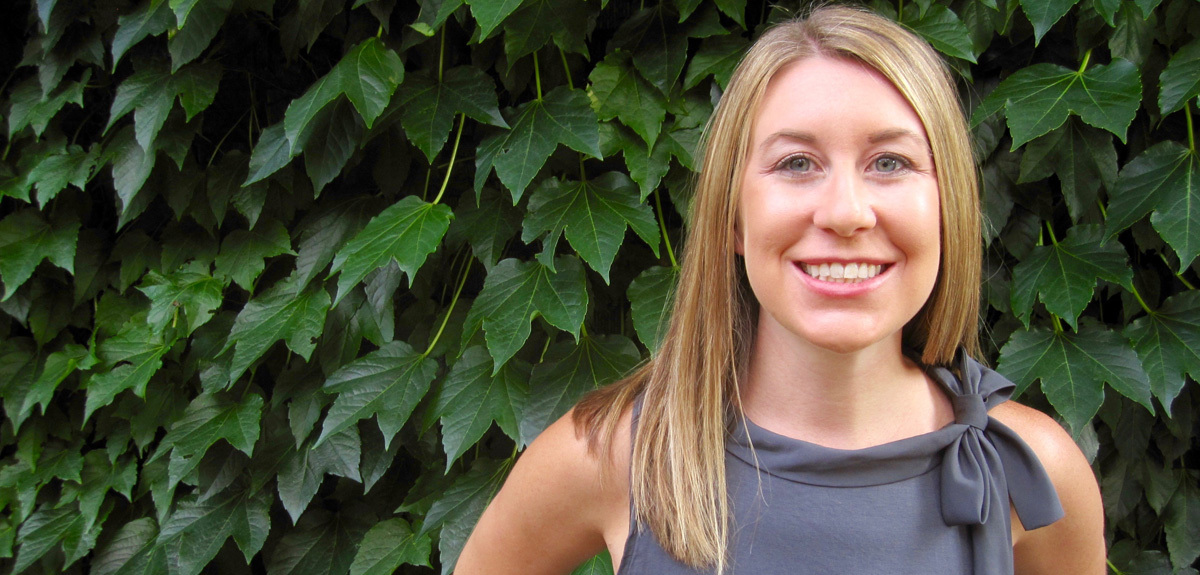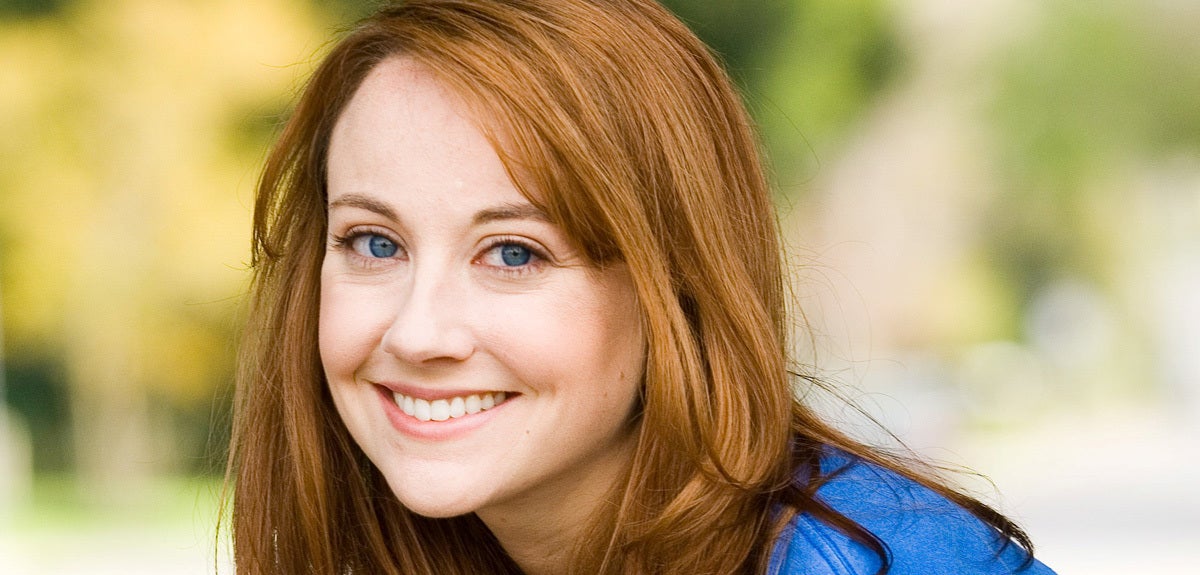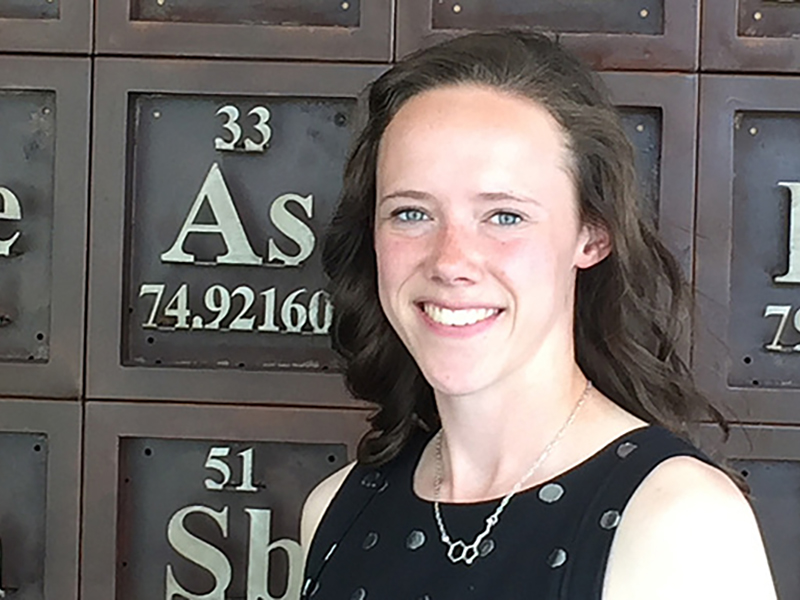Luther Education Inspires a Liberal Arts Educator

Maggie Gill ’05 started at Luther as a biology major, but after taking several psychology classes she began identifying with a more behavioral approach and changed her major. “After taking the Brain and Behavior course, I fell in love with the brain and decided to pursue graduate school in neuroscience. I now teach psychology and neuroscience courses and I get to use my major every day!”
The liberal arts environment provided a broad curriculum that taught me critical thinking skills, and a toolbox of academic skills that I could pull from.
Maggie Gill '05
Getting Her Ph.D. and Pursuing Her Dream
After graduating from Luther, Maggie Gill ’05 started a Ph.D. program in neuroscience at Kansas State. “I conducted drug addiction research and decided to pursue that field in a postdoc at the Medical University of South Carolina due to their large drug addiction research center,” she says.
Because of her experiences at Luther and time teaching throughout graduate school, Maggie also knew she wanted to pursue a job in academia at a liberal arts institution. “During my time at Luther, I found I loved the professor/student interactions and wanted to have the same type of classroom and research interactions with my own students,” she says. “Following my postdoc, I accepted a position at North Central College in Chicago. One of the main attractions of this job was being able to create and shape the neuroscience program at North Central College.”
Why Neuroscience?
Maggie finds the field of neuroscience exciting because there is so much to learn about the brain and she’s always amazed at what the brain can do. “One of the most appealing parts of neuroscience is that it is truly interdisciplinary and bridges my interests of biology, chemistry, psychology, and computer science and I get to incorporate all of these into my research and teaching endeavors on a daily basis,” she says. “For instance, when conducting research, parts of a study will look at changes in learning and behavior, and other areas will look at the cellular and molecular changes in the brain from drug addiction.”
A Solid Foundation to Start Her Career
Maggie says that the combination of the liberal arts environment and the interactions with her professors and peers also had a major impact on her life after Luther. “The liberal arts environment provided a broad curriculum that taught me critical thinking skills, and a toolbox of academic skills that I could pull from. Plus, the close interactions when discussing class content with professors and studying with peers shaped my desire to pursue a career at a liberal arts college.”
Related Profiles

Luther allowed Em Dreiling ’03 to pursue both theatre and psychology; her desire to give back inspired her to pursue graduate study and become a psychologist.

Cecilia Douma ’16 succeeded in her chemistry major thanks to not only the coursework, but also Luther’s soccer team.